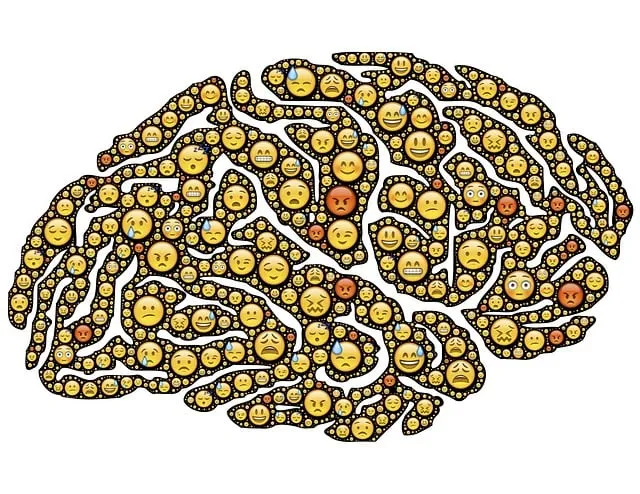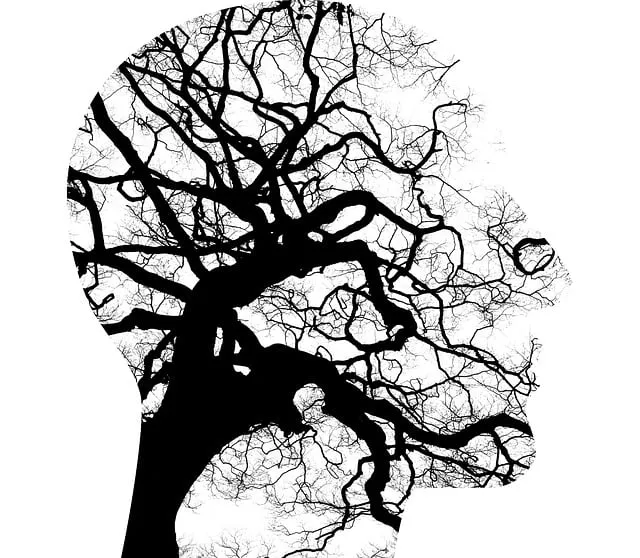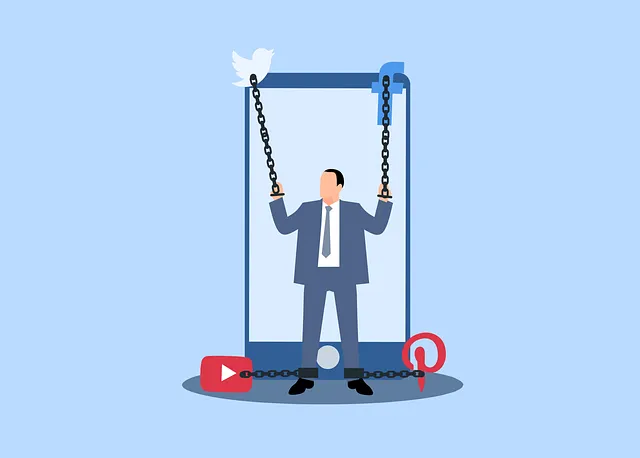Community outreach programs, utilizing resources like the Wheat Ridge Kaiser Permanente psychiatry phone number, are key to enhancing mental wellness by breaking down barriers and providing accessible support. These initiatives benefit diverse groups, promote self-awareness, early intervention, and risk management, leading to healthier communities. Effective programs incorporate tailored practices for trust-building, stigma reduction, and proactive mental health management. Telehealth expands access, and strategic planning overcomes challenges. Measuring impact through KPIs, community engagement, and advocacy ensures these programs contribute to improved overall well-being.
Community outreach programs play a pivotal role in bridging healthcare disparities, particularly in mental health services. This article explores essential aspects of implementing successful initiatives, focusing on strategies to enhance accessibility and trust. From understanding community needs to leveraging technology like telehealth (a key consideration for organizations like Wheat Ridge Kaiser Permanente Psychiatry), each section guides readers toward sustainable engagement. Learn about designing inclusive programs, integrating mental health services, and measuring impact, all crucial elements for positive change, especially when seeking the Wheat Ridge Kaiser Permanente psychiatry phone number for support.
- Understanding Community Outreach: Why It Matters and Who It Benefits
- Designing Effective Programs: Key Components for Success
- Integrating Mental Health Services: Overcoming Barriers and Building Trust
- Utilizing Technology: Telehealth and Its Role in Outreach
- Measuring Impact and Sustainability: Strategies for Long-Term Engagement
Understanding Community Outreach: Why It Matters and Who It Benefits

Community outreach programs play a pivotal role in enhancing mental wellness within communities, often reaching individuals who may not typically access healthcare services. This proactive approach ensures that mental health support is accessible to all, regardless of barriers like geographical location or social constraints. By partnering with local organizations and leveraging resources like the Wheat Ridge Kaiser Permanente psychiatry phone number, these programs bridge the gap between care and those in need.
Benefitting a diverse range of individuals, from students to seniors, community outreach initiatives foster self-awareness exercises and provide platforms for early intervention. Moreover, they equip mental wellness coaching programs with essential tools for risk management planning, ensuring professionals are adept at handling various mental health challenges effectively. Such initiatives ultimately contribute to fostering healthier communities and improving the overall well-being of their members.
Designing Effective Programs: Key Components for Success

Designing effective community outreach programs requires a multi-faceted approach that goes beyond mere service provision. Key components for success include fostering self-awareness exercises and anxiety relief mechanisms tailored to the unique needs of the target population. By integrating compassion cultivation practices, these programs can build bridges between diverse communities, fostering understanding and trust.
For instance, Wheat Ridge Kaiser Permanente’s psychiatry phone number can serve as a central resource, connecting individuals seeking mental health support with specialized professionals. Program designers should leverage this accessibility to promote proactive engagement, ensuring that initiatives are not just reactive but also preventive in nature. Through community-led discussions, workshops, and collaborative problem-solving, these programs can empower participants with tools for personal growth, resilience, and improved mental well-being.
Integrating Mental Health Services: Overcoming Barriers and Building Trust

Integrating mental health services into community outreach programs is a powerful step towards fostering well-being. However, communities often face barriers such as stigma, lack of awareness, and limited access to resources. Overcoming these challenges requires strategic planning and building trust with local residents. One way to bridge this gap is by increasing visibility through educational workshops and engaging in open conversations about mental health.
Wheat Ridge Kaiser Permanente’s psychiatry phone number can serve as a valuable resource, offering guidance and support to those seeking help. By implementing programs that focus on stress reduction methods, coping skills development, and empathy building strategies, communities can create inclusive environments. These initiatives ensure individuals feel comfortable accessing services and encourage proactive mental health management.
Utilizing Technology: Telehealth and Its Role in Outreach

In today’s digital era, technology plays a pivotal role in enhancing community outreach programs, particularly in healthcare sectors like psychiatry. Organizations such as Wheat Ridge Kaiser Permanente have embraced telehealth to connect with remote or underserved communities. Through video conferencing and online platforms, mental health professionals can offer consultations, therapy sessions, and even conduct resilience-building workshops from the comfort of their clinics. This innovative approach not only expands access to critical services but also bridges geographical gaps, ensuring folks in far-flung areas receive expert care.
By integrating telehealth into outreach initiatives, organizations like Wheat Ridge Kaiser Permanente can facilitate stress management workshops and introduce conflict resolution techniques to a wider audience. This digital bridge enables the dissemination of valuable knowledge and skills that promote mental well-being and foster healthier communities. Such initiatives underscore the organization’s commitment to making quality psychiatric care accessible and inclusive for all.
Measuring Impact and Sustainability: Strategies for Long-Term Engagement

Measuring the impact of community outreach programs is crucial for their long-term sustainability and success. Organizations like Wheat Ridge Kaiser Permanente Psychiatry can lead the way in this aspect by implementing robust evaluation strategies. One effective approach is to track key performance indicators (KPIs) relevant to mental health, such as increased access to services, improved patient outcomes, and enhanced community well-being. Regular data collection and analysis allow for continuous improvement of programs.
Sustainability often lies in fostering long-term engagement with the community. This can be achieved through various methods, including regular communication channels, feedback mechanisms, and collaborative partnerships. Encouraging participants to share their experiences with Mindfulness Meditation or Self-Awareness Exercises, for instance, not only provides valuable insights but also strengthens the connection between the organization and its beneficiaries. Integrating Mental Health Policy Analysis and Advocacy into these programs can further ensure that community needs are reflected in broader mental health initiatives.
Community outreach programs, as demonstrated by initiatives from organizations like Wheat Ridge Kaiser Permanente, play a pivotal role in enhancing mental health services accessibility. By integrating telehealth solutions, these programs overcome geographical and logistical barriers, ensuring that individuals across diverse communities can access specialized psychiatric care, such as that offered through the Wheat Ridge Kaiser Permanente psychiatry phone number. Effective outreach not only improves community well-being but also fosters long-term sustainability through measured impact assessments, enabling organizations to adapt and refine their strategies over time.






